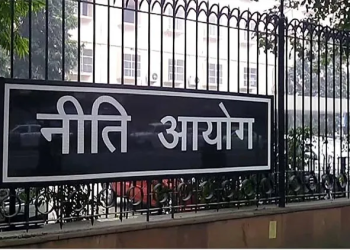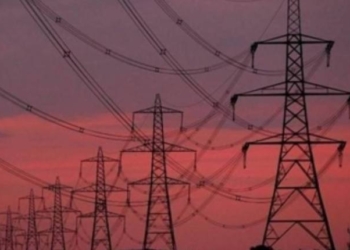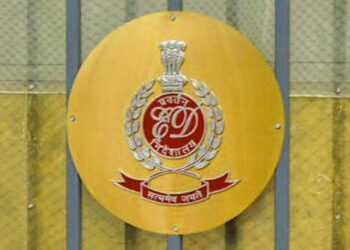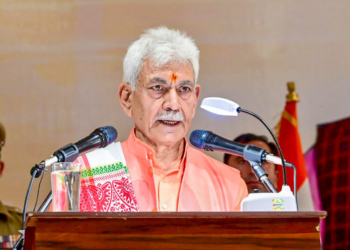New Delhi: The Supreme Court on Wednesday said sealed cover proceedings violate both principles of natural justice and open justice and the constitutional principle of procedural guarantees is equally important, and cannot be turned into a dead letter.
It stressed that the sealed cover procedure cannot be introduced to cover harms that could not have been remedied by public interest immunity proceedings.
A bench, headed by Chief Justice of India D.Y. Chandrachud and comprising Justice Hima Kohli said: “It was not intended that the sealed cover procedure shall replace public interest immunity proceedings which constitute an established method for dealing with claims of confidentiality. The sealed cover procedure cannot be introduced to cover harms that could not have been remedied by public interest immunity proceedings.”
The bench noted that the proceedings, in effect, are conducted ex-parte where counsel for the party claiming disclosure is precluded from accessing a part of the record in the proceedings. However, one crucial difference between the sealed cover procedure and public interest immunity claims is that in the former, the court relies on the material that is disclosed in a sealed cover in the course of the proceedings, as opposed to the latter where the documents are completely removed from the proceedings and both the parties and the adjudicator cannot rely on such material, it added.
Chief Justice Chandrachud, who authored the 134-page judgment on behalf of the bench, said: “Sealed cover procedures violate both principles of natural justice and open justice” and stressed that the court should undertake an analysis of the possible procedural modalities that could be used to realise the purpose.
The bench noted that while there may be material on serious concerns of national security which cannot be disclosed; the constitutional principle of procedural guarantees is equally important and it cannot be turned into a dead letter.
“As the highest constitutional court, it is our responsibility to balance these two considerations when they are in conflict. To safeguard the claimant against a potential injury to procedural guarantees in public interest immunity proceedings, we have recognised a power in the court to appoint an amicus curiae. The appointment of an amicus curiae will balance concerns of confidentiality with the need to preserve public confidence in the objectivity of the justice delivery process,” the Chief Justice said.
The verdict added that amicus curiae appointed by the court shall be given access to the materials sought to be withheld by the state and the amicus curiae shall be allowed to interact with the applicant and their counsel before the proceedings to ascertain their case to enable them to make effective submissions on the necessity of disclosure.
“However, the amicus curiae shall not interact with the applicant or their counsel after the public interest immunity proceeding has begun and the counsel has viewed the document sought to be withheld. The amicus curiae shall, to the best of their ability, represent the interests of the applicant. The amicus curiae would be bound by oath to not disclose or discuss the material with any other person, including the applicant or their counsel,” added the bench.
The bench said courts could adopt the course of action of redacting the confidential portions of the document and providing a summary of the contents of the document instead of opting for the sealed cover procedure to fairly exclude the document from the proceedings on a successful public interest immunity claim.
“The court should undertake an analysis of the possible procedural modalities that could be used to realise the purpose, and the means that are less restrictive of the procedural guarantees must be adopted,” it said.
The top court made these observations in a verdict quashing the Central government decision not to renew licence of Malayalam news channel, MediaOne.
The top court said the government violated the appellant’s right to a fair hearing protected under Article 21 of the Constitution by not providing a reasoned order and not disclosing the relevant material and by giving a sealed envelope to the high court only.
“The core of the principles of natural justice breathes reasonableness into procedure. The burden is on the claimant to prove that the procedure followed infringes upon the core of procedural guaranteesa, said the bench.
The top court judgment came on a plea by the news channel challenging the Kerala High Court’s order upholding the Centre’s decision to ban its telecast on security grounds.
On March 15 last year, the Supreme Court stayed the Centre’s ban on the Malayalam TV news channel. The Central government had cited national security grounds to justify the ban. MediaOne had moved the top court after the Kerala High Court upheld the ban imposed on it by the Union Ministry of Information and Broadcasting.
(IANS)

















